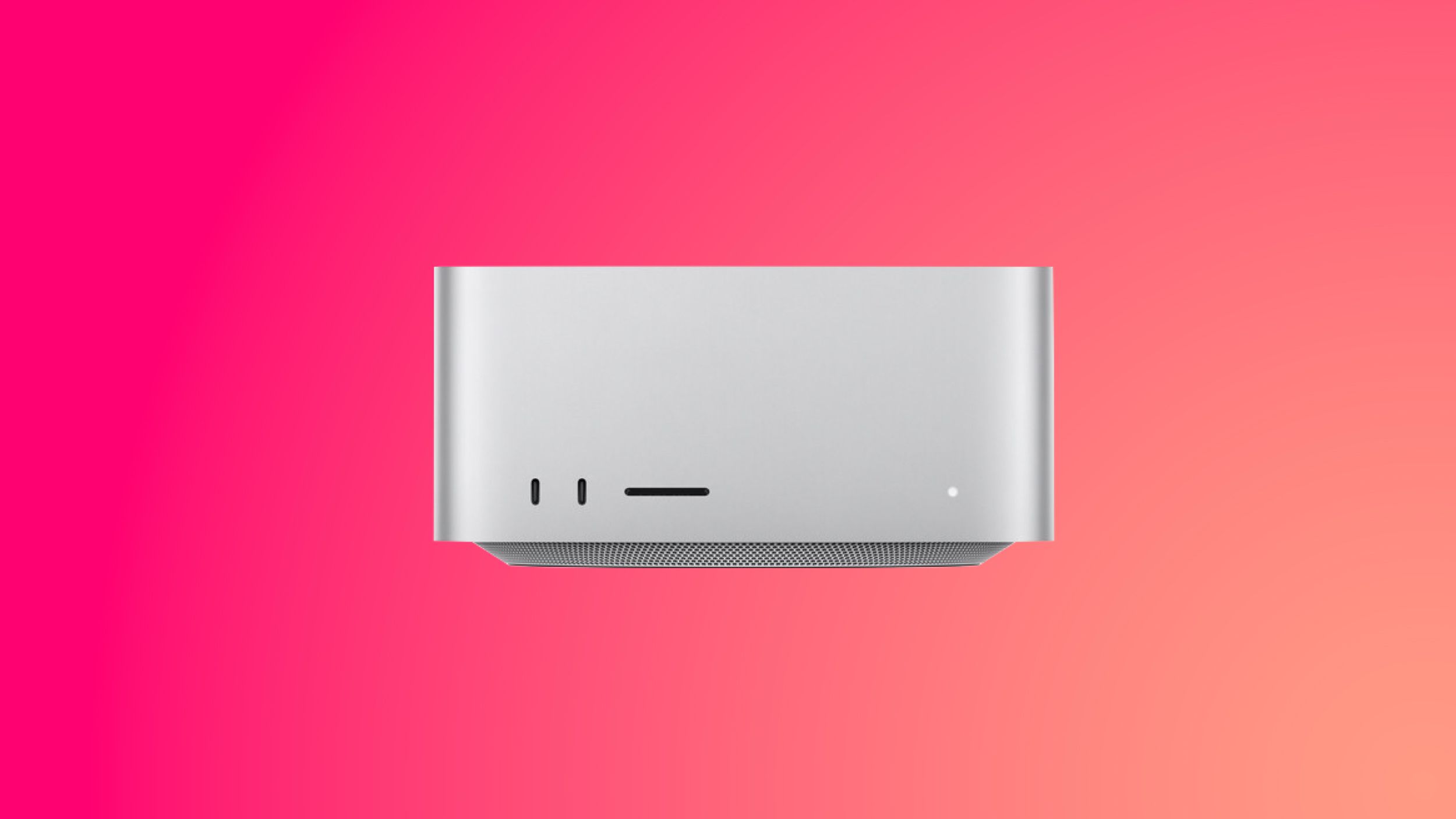I mean, it’s not a stretch to think that, while they were working on the iPhone, that they had an inkling that the iPod market would be dealt a killing blow. I mean, yes, it’s
possible that, a year after the iPhone was released, some lower level staffer burst into Steve’s office, sweating profusely, stating “iPod sales appear to be falling and we don’t know why!” But I doubt it. Apple looked at the mountain of cash coming in from the iPod… a business that ANY company would have made a deal with forces unknown to have… and killed it one fell swoop. Nokia/Sony, most of tech will prop up whatever they were good at years ago to try to keep that golden goose producing. Apple’s killed a few golden gooses in their day. No, I don’t know the future, but if someone asked “will Apple keep on killing golden gooses I’d say, “probably”. And, in 10 years when Apple’s still relevant, no one will even know these words existed.

Considering how many companies have gone the way of the dodo, there’s
something different about Apple. “Future facing culture” was just my attempt to try to put a name to why they can systematically compete against their own products over years and continue to win.
Pretty much. I mean, if anyone’s worked in a mid to large sized multinational organization like Apple, there are people always planning, performing risk assessments, weighing profit and loss statements (some of us here have been on teams where we still can’t talk about what we worked on). Just because something is planned doesn’t mean it goes that way. But, anyone that thinks that Apple’s just ‘winging it’ hasn’t worked in a mid to large sized corporation.



